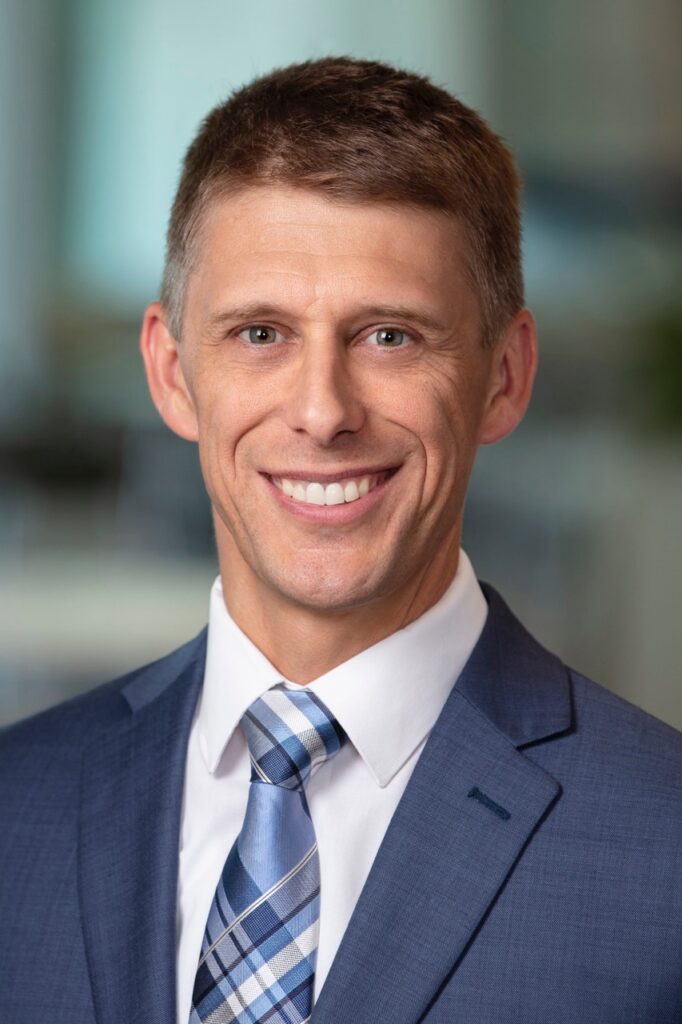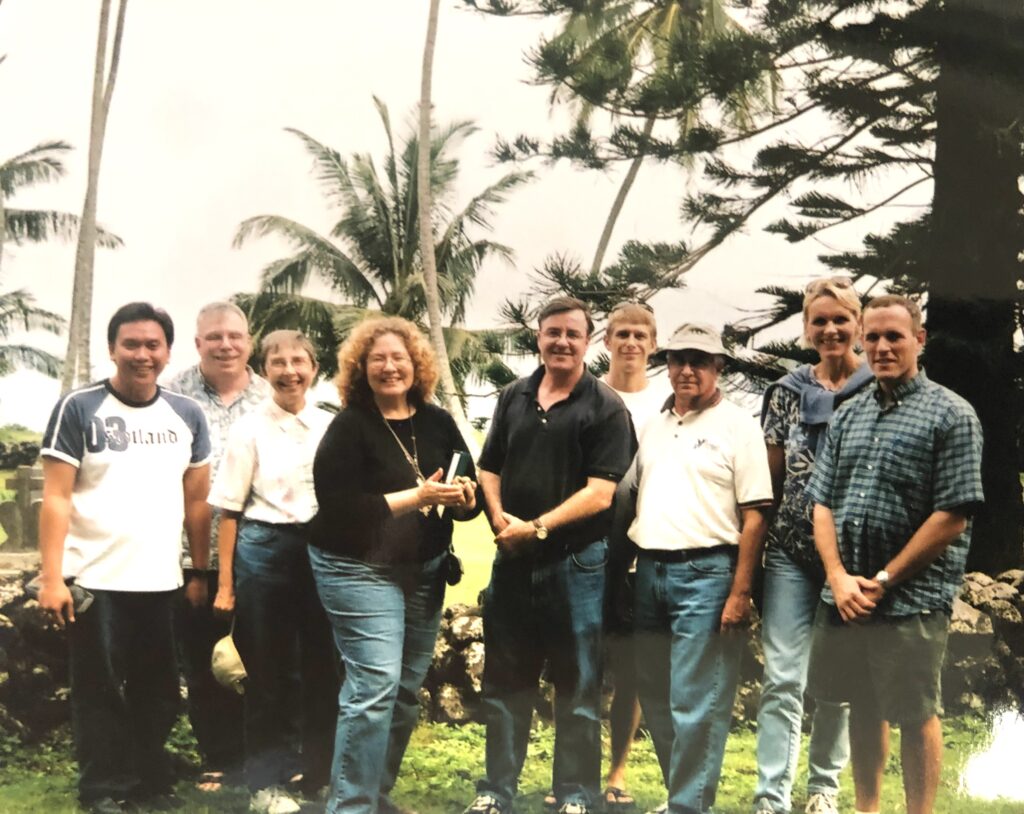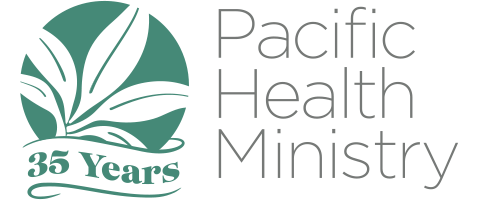“Take the opportunity, as it will benefit both your ministry and relationships.”
– Mario DeLise

Raised in a Christian household, faith played a significant role in Mario DeLise’s early years. However, during his teen years, he temporarily drifted away from his faith. A pivotal moment occurred when he was 19 and heard an interview with the Rev. Dr. Billy Graham. When asked why he was still preaching despite his poor health, Dr. Graham stated, “The Christians’ job is to tell people about Jesus, and that’s what I’m doing.” That moment marked the inception of Mario’s calling to become a minister, even though the full meaning of this calling would remained unclear for many years.
While in seminary, Mario struggled with the conventional image of a church pastor. A friend’s father who taught there recommended chaplaincy. He planted the seed for a potential career shift, and Mario joined a CPE program in Seattle. Upon completion of his first CPE unit, he learned that the residency program was already at capacity. His CPE supervisor, aware of Mario’s passion for surfing, recommended Hawai‘i. Following this advice, Mario reached out to the Rev. Anke Flohr, and fortuitously, a spot had recently become available in the Pacific Health Ministry residency program.
Upon his arrival in Hawai‘i, Mario grappled with confusion regarding his ministerial identity. He reflected, “I was uncomfortable with the label of ‘minister’ and had a lot of self-doubt on multiple levels.” The unique cultural setting of Hawai‘i, distinctly different from his upbringing, played a crucial role in his transformation. PHM emerged as a pivotal space for addressing these complex personal and ministerial identity issues. Wrestling with cultural differences and historical challenges in Hawai‘i compelled Mario to confront and embrace his collective history. Anke, a significant guiding figure, encouraged him to face his true self.

Working closely with the Rev. Glenn Harada, one of the founders of PHM, also proved instrumental in Mario’s journey. “We had weekly meetings, and Glenn served as my counselor, guiding me through the pastoral aspects of who I was, aiding in my healing and reconciliation. I vividly recall his words: “You have this idea of who you were at one time before you fell and made decisions you didn’t feel good about. You’re never going to be back at that point again. The question is, what are you going to do with your future?” Conversations, like this one, which he had with Glenn, Anke, and the Rev. Dr. John Moody, are conversations he still turns to for guidance years later.
CPE, coupled with the care of individuals like Rev. Anke, Rev. Glenn and Dr. Moody, proved essential for Mario’s readiness to assume leadership roles, particularly in ministry. The program fostered personal and professional growth. “CPE helped because I hadn’t been ready to be in any leadership role, let alone a ministry position. Some of it is the nature of CPE, and some of it is people like Anke and Glenn who were able to recognize the root issues and work with me through them. It’s probably not an exaggeration to say that I wouldn’t have been able to do what I do if it hadn’t been for that program.”
Today, Mario serves as the director of a larger department focused on chaplaincy, community engagement, collaborating with churches, community groups, nonprofits, and volunteer organizations. He oversees programs such as the Parish/Faith Community Nursing Program. He is currently a PhD candidate in Organizational Leadership at Eastern University.
Mario emphasizes CPE’s potential for self-discovery and growth and advises against viewing it solely as a professional necessity. Encouraging others, he concludes, “Take the opportunity. It will benefit your ministry and relationships in ways you would not expect.”
